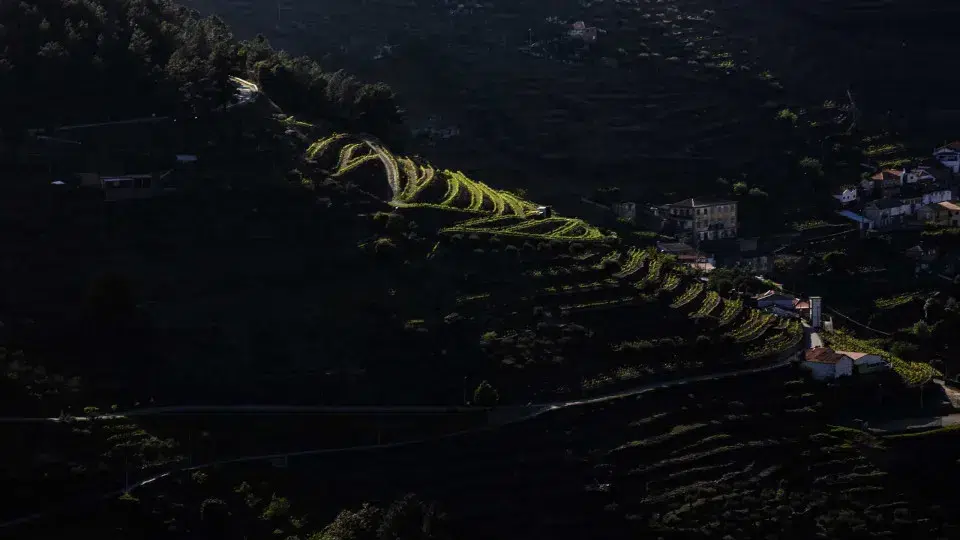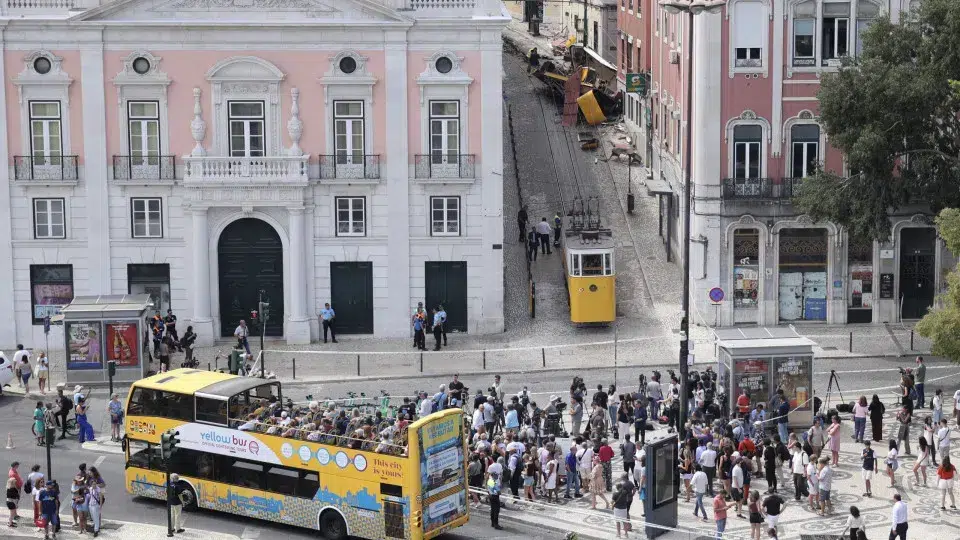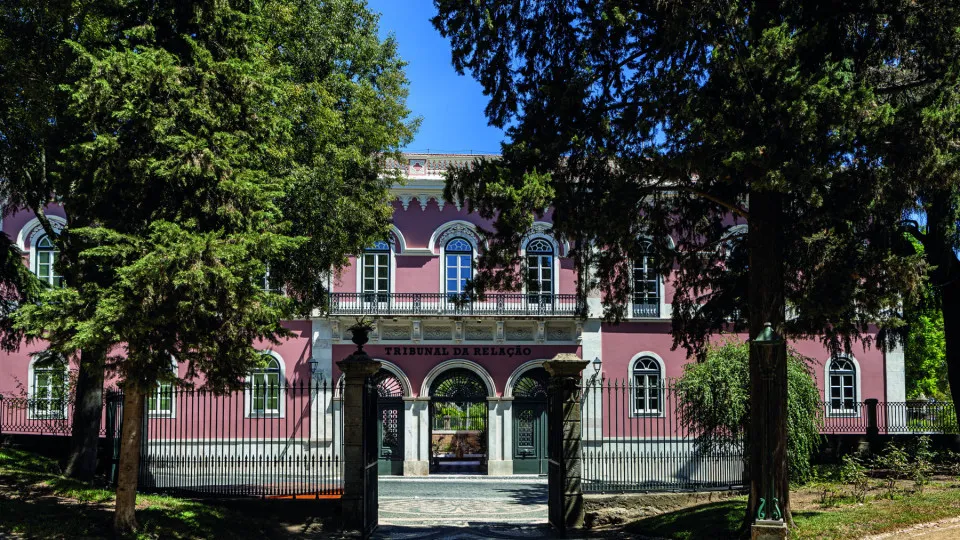
The petition “Save the Winegrowers of Douro” was presented in the National Assembly with 2,605 signatures in October 2024. Amidst a public hearing regarding the petition’s creation, Joaquim Monteiro called for “dignity” in the treatment of winegrowers and the entire region. He expressed his wish to “continue living in Douro even if [large producers] earn millions,” requesting only “enough to live” in his homeland.
Winegrower and lawyer Marinete Alves emphasized that in recent years there has been “a significant imbalance between grape prices and production costs, leading to major financial insecurity and instability for winegrowers.” She noted the lack of grape purchase contracts, which leads Douro to potentially be “the only region, perhaps worldwide and nationally, conducting grape sale transactions without any set price or contracts, where most farmers deliver their grapes without knowing the price or when payment will be received.”
Alves warned of the adverse impacts on winegrowers, stating, “There is a decrease in income, limited profit margins, financial insecurity, reduction in quality of life, causing rural depopulation, negative environmental impact, unsustainable agricultural practices, loss of cultural heritage, disappearance of traditions, and ultimately an impact on tourism.”
Arlindo Castro argued, “The primary economic activity in Douro is profitable, yet not everyone benefits from this profitability.” Reviewing recent history, he highlighted the role of Casa do Douro in clearing wines not acquired by the trade and changes since the liberalization of brandy production in 1991. With Douro’s brandy costs higher than other regions, Casa do Douro faced economic challenges in continuing its wine clearing activities.
Castro criticized the reduction of benefits and pricing revenue, leading to increased surpluses when foreign brandy was imported for port wine production. This allowed for limitless growth in port wine supply, a strategy he deemed “completely wrong.”
Proposing solutions, Marinete Alves advocated for “a minimum price for grapes,” by including grapes in the region’s “agro-food price observatory,” to ensure “economic sustainability in viticulture and consequently, social and environmental sustainability of the region itself.”
Another solution proposed by Arlindo Castro was to ensure brandy becomes “exclusive to the Douro market,” emphasizing, “what matters to Douro is selling what it produces,” not what others produce.
Petitioners stressed that efforts like increased monitoring are “insufficient” and shouldn’t be limited to harvest times. Concerns that led to the petition have been validated over nearly two months of the 2024 harvest, marked by difficulties in selling production, with producers leaving grapes not allocated for port wine in the vineyards. Operators cited full ‘stocks’ to avoid or reduce grape purchases.
In April, over 150 Douro winegrowers received cancellation notices for grape orders this year.




